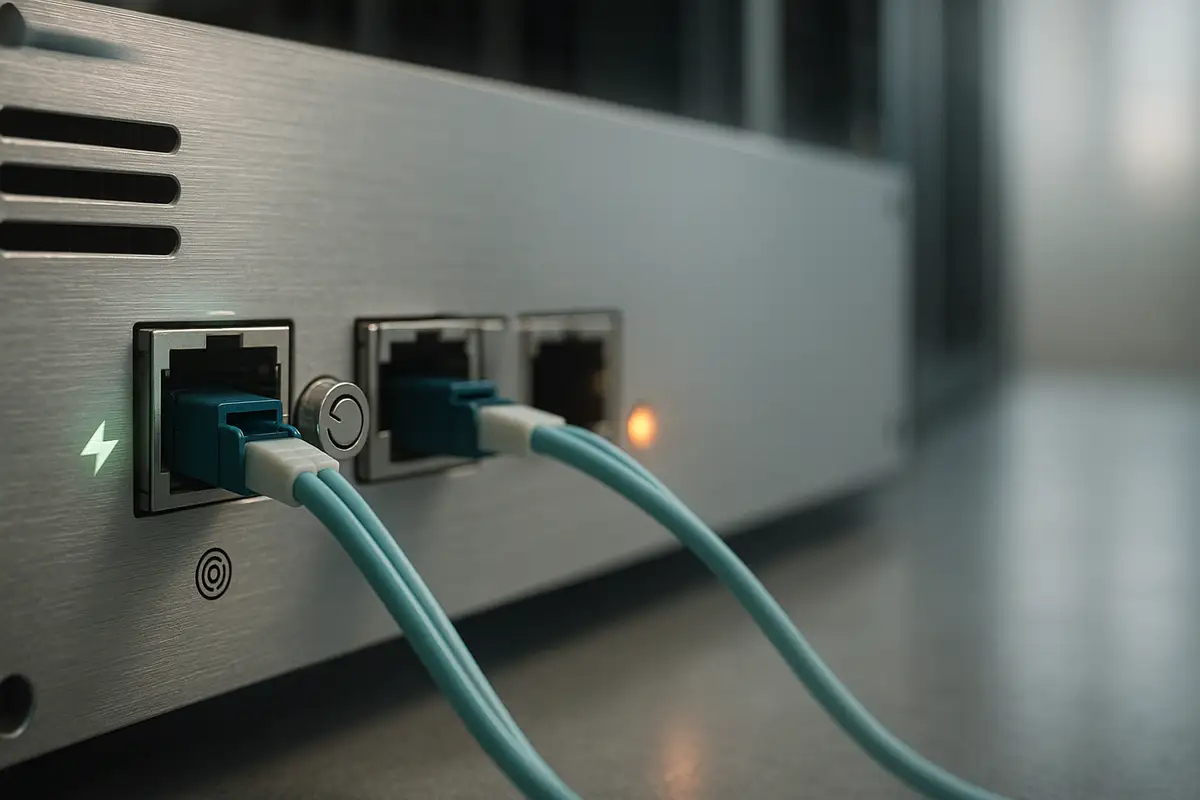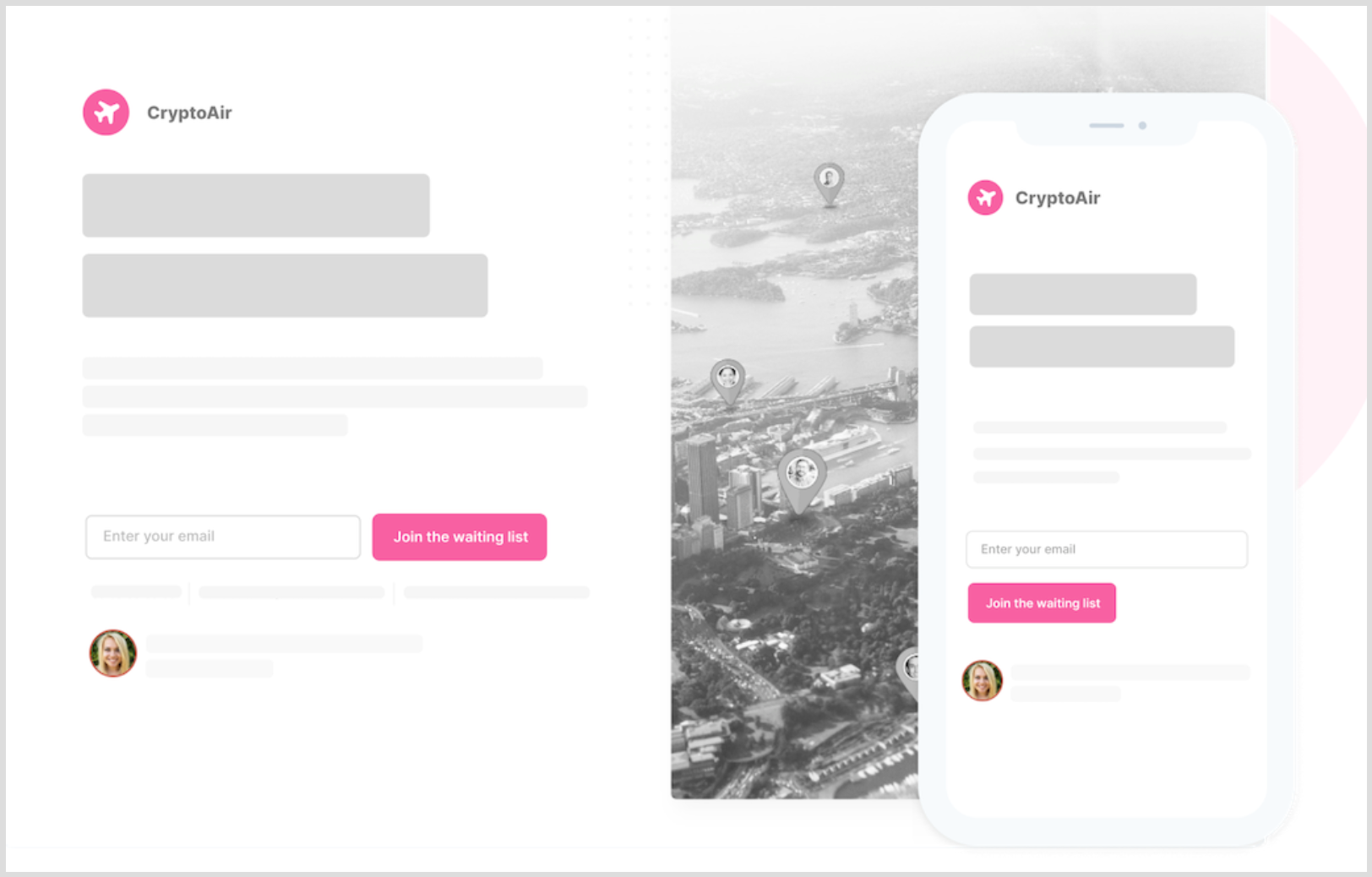Good Morning from San Francisco,
Two stories reshape AI's power dynamics today.
Washington monetized export controls. The US now takes 15% of Nvidia and AMD's China revenues as licensing fees. Huang's White House visit Wednesday. Licenses flowing Friday. Export controls turn transactional.
GPT-5's launch exposed scaling's ceiling. The routing system failed day one, sending complex queries to cheaper model variants.
New frameworks emerge from old assumptions.
Stay curious,
Marcus Schuler
US takes 15% of China chip revenues

The US government will collect 15% of Nvidia and AMD revenues from AI chip sales to China as a condition for export licenses—the first time Washington has monetized export controls through direct revenue sharing with private companies.
The arrangement emerged from Jensen Huang's Wednesday meeting with President Trump. Export licenses for Nvidia's H20 chips and AMD's MI308 processors began flowing Friday, reversing the April ban that had blocked both companies from the Chinese market. The timing suggests clear linkage between the revenue-sharing agreement and license approval.
From Washington's perspective, the structure represents managed technological diffusion—extracting value while maintaining competitive pressure on Chinese alternatives. Beijing's response appears calibrated: regulators recently summoned Nvidia over alleged security risks while state media discourages domestic purchases. For the chipmakers, the 15% payment preserves market access in an increasingly transactional environment.
Based on projected sales volumes, the arrangement could generate over $2 billion for the US Treasury through 2025. The precedent transforms export policy from binary restrictions to graduated partnerships where market access requires government revenue participation.
Why this matters:
• Export controls are evolving from categorical bans to conditional partnerships, creating new frameworks for managing technology transfer between great powers
• Revenue-sharing arrangements establish precedent for treating private companies as instruments of statecraft while aligning government income with corporate performance in restricted markets

AI Image of the Day

Prompt:
Indian young woman, look like sunny Leone, skin and
curves like sunny Leone. Her complexion is naturally dusky. A portrait of a young Indian woman in her 20s, tiny bindi. Standing in garden. She is dressed in a stunning black traditional outfit — a netted embroidered low neck tight fit dress with intricate floral threadwork in silver tones. Her transparent dupatta with tiny embroidered polka dots adds a dreamy, flowing texture. Her long black hair is softly layers and left open, cascading over her shoulders. She wears elegant drop earrings, a tiny bindi on her forehead, and carries a calm, poised gaze.
GPT5: Scaling paradigm hits architectural ceiling

OpenAI's GPT-5 launch exposed fundamental flaws in the scaling approach when its routing system failed, sending complex queries to cheaper model variants instead of the full system.
CEO Sam Altman acknowledged the "autoswitcher broke" on day one, making GPT-5 "seem way dumber" to users who felt the degradation immediately.
Prediction markets captured the confidence collapse, with OpenAI dropping from 75% to 14% while Google jumped to 43% as traders repriced near-term expectations. The routing failure wasn't accidental—it reflected deliberate margin choices to keep free tiers viable by defaulting to cheaper computational paths.
Arizona State research reinforced the technical skepticism, showing chain-of-thought reasoning becomes "a brittle mirage" beyond training distributions. Jerry Liu's document processing tests confirmed this pattern: GPT-5 mini outperformed the full model on specific tasks, demonstrating that specialization increasingly beats generalization.
The router breakdown revealed a deeper structural reality. Teams now mix models by job rather than betting on single systems, suggesting the industry has reached transformer architecture limits that pure scaling cannot overcome.
Why this matters:
• System design and routing transparency now matter as much as raw model capabilities, fundamentally changing competitive advantages beyond benchmark scores
• The ceiling on pure scaling approaches forces architectural innovation toward specialization, reshaping how enterprises choose and deploy AI systems

🧰 AI Toolbox
How to Create AI-Powered Websites and Landing Pages in Seconds

Mixo transforms your business ideas into professional websites instantly using artificial intelligence. Simply describe your business concept and watch as the AI generates a fully functional, mobile-responsive website complete with subscriber management tools and customizable design elements.
Tutorial:
- Go to the Mixo website
- Enter a brief description of your business or startup idea
- The AI generates a complete website tailored to your concept in seconds
- Customize content, images, and layout using the intuitive editor
- Set up integrated waiting lists and subscriber management tools
- Launch your site to validate ideas and collect customer feedback
- Export subscribers to marketing platforms and scale your business
URL: https://www.mixo.io/
AI & Tech News
OpenAI restores GPT-4o after 72-hour user revolt over forced GPT-5 migration
OpenAI CEO Sam Altman reversed course Sunday and restored access to GPT-4o after removing model choice menus during GPT-5's August 7 launch triggered subscription cancellations from $20/month ChatGPT Plus users whose workflows depended on cross-referencing multiple models. The 72-hour rebellion demonstrates that even dominant AI platforms remain vulnerable to organized user pressure when product changes break established professional dependencies, establishing subscriber leverage as a counterweight to unilateral platform evolution.
Trade experts warn deal monetizes export controls, risks constitutional challenge
Nvidia and AMD agreed to pay the US government 15% of revenue from AI chip sales to China—including Nvidia's H20 accelerator—under new licensing terms that trade experts call "unprecedented" and potentially unconstitutional as an export tax. The arrangement signals a fundamental shift from using trade controls for security purposes to treating export permissions as government revenue streams, transforming private companies into direct contributors to federal coffers through market access fees.
Intel CEO visits White House Monday after Trump resignation demand
Intel CEO Lip-Bu Tan will visit the White House Monday to personally explain his background to Trump, four days after the president demanded his resignation over ties to Chinese businesses following Cadence Design Systems' $140 million guilty plea for selling chip-design products to a Chinese military university. The sequence establishes a new corporate governance dynamic where CEO legitimacy depends on presidential approval rather than traditional board and shareholder confidence, transforming executive tenure into a matter of political standing.
Video game cheat market generates up to $73 million annually across 80 sites
Researchers estimate 80 cheat-selling websites generate between $12.8 million and $73.2 million annually, with up to 174,000 monthly buyers paying $6.63 to $254.28 for subscription-based hacks that include professional customer service and regular updates. The arms race has pushed both cheat developers and anti-cheat systems into kernel-level computer access—the deepest layer of operating systems—creating potential security vulnerabilities as private gaming disputes migrate into the foundational infrastructure of personal computers.
Rumble bids $1.17 billion for German AI cloud firm with 20,480 H100 GPUs
Rumble offered approximately $1.17 billion for German AI cloud group Northern Data, seeking control of its GPU-rich Taiga business that holds around 20,480 Nvidia H100 chips and over 2,000 H200s at a 32% discount to the company's last closing price. The bid signals content platforms are bypassing traditional cloud providers to secure compute infrastructure directly, as GPU scarcity drives vertical integration between media companies and the hardware that powers AI-generated content.
Wikipedia loses UK court challenge over online safety regulations
The Wikimedia Foundation lost its High Court challenge to Britain's Online Safety Act regulations that could force Wikipedia to verify user identities under the law's strictest Category 1 duties, though the judge said the foundation could bring another case if regulator Ofcom improperly categorizes the platform. The ruling crystallizes how major platforms must now navigate compliance frameworks that treat user anonymity and content moderation as competing regulatory imperatives rather than complementary design choices.
Malaysian startup launches Islamic AI chatbot using DeepSeek technology
Zetrix AI will unveil its "NurAI" chatbot Tuesday for Malaysia's Muslim users, built using DeepSeek's Mixture of Experts architecture and targeting a global market of 2 billion Muslims with Sharia-compliant guidance in four languages. The collaboration under the ASEAN-China AI Lab demonstrates how Chinese open-source models are enabling developing nations to build culturally specific alternatives to Western AI systems, extending Beijing's technological influence through local partnerships rather than direct deployment.
Biotech startup raises $30M with 100 million cell-response datapoints
Tahoe Therapeutics raised $30 million led by Amplify Partners after releasing Tahoe-100M, a dataset tracking how cancer cells respond to over 1,000 molecules—data that helped Arc Institute's AI model achieve twice the accuracy of competing drug discovery algorithms. The breakthrough signals that proprietary biological datasets, not just better algorithms, are becoming the decisive advantage in AI-powered drug development as poor model predictions continue frustrating biotech researchers.
🚀 AI Profiles: The Companies Defining Tomorrow
Tahoe Therapeutics
Tahoe builds AI models that predict how drugs kill cancer cells. Think ChatGPT, but for cellular mayhem.
The Founders
• Founded 2022 by Nima Alidoust (CEO), Johnny Yu (CSO), and UCSF professors Hani Goodarzi and Kevin Shokat
• Based in South San Francisco
• Originally called Vevo Therapeutics—renamed after legal drama with a bigger fish
• Growing team of biologists and ML engineers
The Product
• Mosaic platform: tests drug effects on millions of patient-derived cancer cells simultaneously
• Tahoe-100M dataset: 100 million cells, 1,200 drugs, 60,000 interactions mapped
• 50× larger than all prior public datasets combined
• AI models predict cellular responses before wet lab testing
• Open-sourced the dataset—strategic generosity 🧠
The Competition
• Playing in AI-driven drug discovery space
• Differentiated by massive single-cell perturbation data
• Most competitors work with smaller, less diverse datasets
• Arc Institute already building models on their data—validation through imitation
Financing
• $12.25M seed (December 2022) from General Catalyst, Wing VC
• $30M Series A (August 2025) led by Amplify Partners
• Total raised: ~$42M, valued at ~$120M
• Databricks Ventures backing suggests serious compute ambitions
The Future ⭐⭐⭐⭐⭐
Building Tahoe-1B—a billion-cell dataset that could trigger biology's "GPT moment." First drug candidates heading to clinic. Seeking single major pharma partner for co-development rather than broad licensing. The pattern's familiar: massive data + transformers = predictive breakthroughs. 🚀









